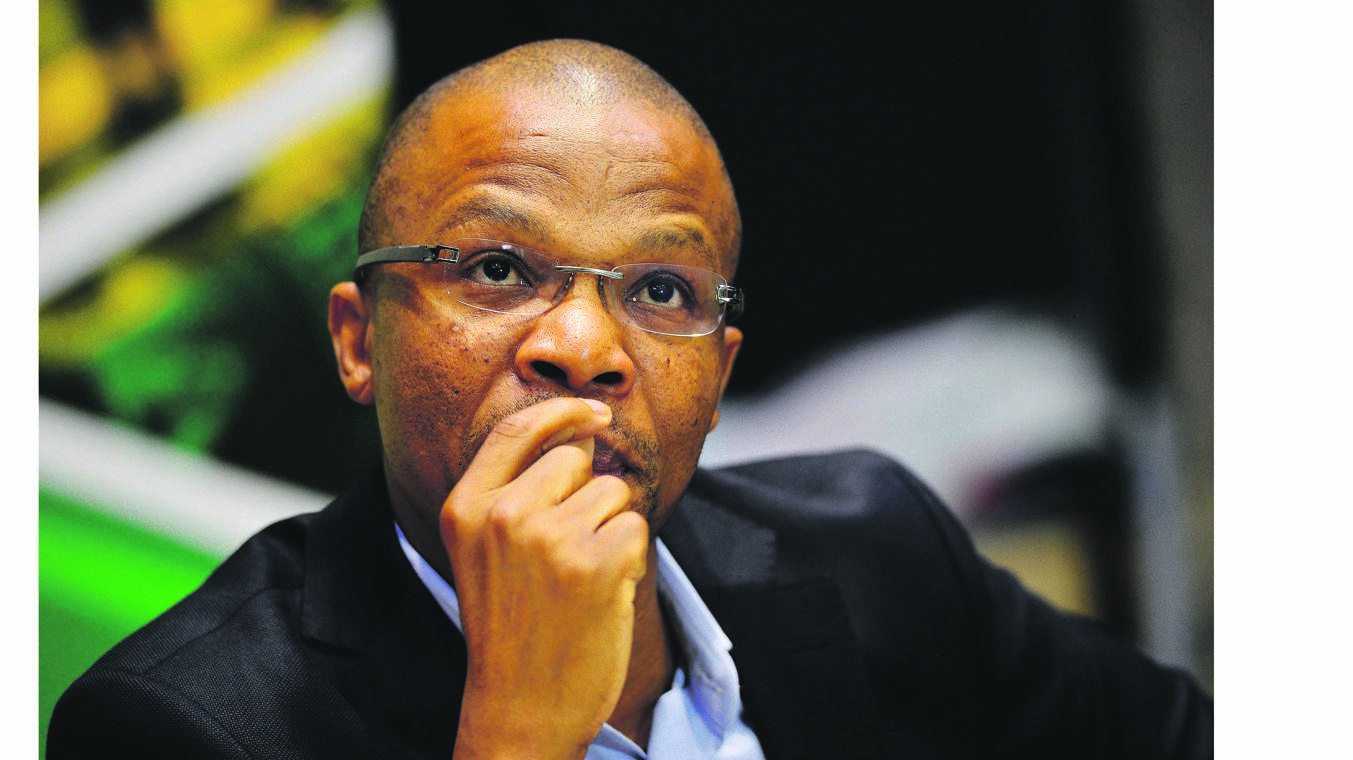
“Nihil de nobis, sine nobis.” If bricks could listen and mortar could memorise, these are words that would surely be reverberating in African Pride Irene Country Lodge in Pretoria. After all, these words summarise the spirit of what this venue kept hearing over and over last week as various sporting codes made their submissions to the Independent Communications Authority of SA (Icasa) during its hearings on the Draft Sport Broadcasting Services Amendment Regulations Gazette No 42115, Notice 1388 of 14 December 2018.
“Nihil de nobis, sine nobis [Nothing about us without us]” is a Latin saying that has its roots in the 16th century. It was first used in east Europe in the Polish struggle for transfer of governing authority from the monarchy to a parliament. In modern-day society, it is frequently used in protest against an idea that policy can be decided by public representatives without full and direct participation of members of the groups affected by such policy.
What triggered the spirit of this slogan at the Icasa consultations was what many in the sports sector viewed as disregard of its overwhelming views and failure by Icasa to appreciate the sector’s caution that, in their current configuration, the draft regulations would have drastic and unintended consequences on sports broadcast dynamics in South Africa. The draft regulations were widely criticised for proposing amendments that, if adopted, would result in the massacre of sports development and expansion in South Africa.
To paint a clearer picture behind this Mayday alert, which was widely signalled by the sector at Irene Country Lodge, we might need to take a few steps back to July last year, when Icasa notified various sporting codes about its intention to amend the Sport Broadcasting Services Regulations, 2010. Icasa went on to conduct preliminary bilateral consultations with respective sporting codes.
In the case of Boxing SA (BSA), the bilateral consultation took place on August 15.
In that consultation, Icasa indicated that it intended to review the sport broadcasting regulations with a view to addressing challenges in those regulations. The expectation from the boxing sector was, therefore, that the process would unlock an opportunity to improve the regulations and bring changes that would increase the much-needed boxing broadcast coverage and revenue streams.
The hope was that the new regulations would, among other advantages, bring a halt to the clandestine broadcast blackout on the sport of boxing through free-to-air channels. The phrase “halt clandestine boxing broadcast blackout through free-to-air channels” is not just a sweeping statement or mere lyrical waxing; it is a painful pronouncement that the last time any live boxing action was shown on SABC channels was back in October 2017.
As boxing enthusiasts would know, the only consistent, albeit inadequate, boxing broadcast coverage in South Africa happens on pay-TV channels and, to a small extent, through media avenues such as live streaming.
Of course, the biggest and most reliable role players in this regard are SuperSport and Kwese TV, which produce and broadcast boxing tournaments using borrowed channels such as Soweto TV and, at times, 1KZN TV channels in the pay-TV bouquet.
The state of boxing broadcast coverage in South Africa can be summed up as one that survives only through pay-TV channels, for both revenues and accessibility.
Other mediums also play a role, albeit to a limited extent, in intervening on the accessibility paradigm. Boxing content from the SABC, through its magazine show The TKO, features mostly canned tournaments. This means they are often weeks old and have been acquired without paying a single cent to the content owners.
In the past four years, since April 1 2015, BSA has sanctioned 314 tournaments. Only 19 of those received live broadcast coverage on SABC. On average, the SABC’s performance in that period constituted almost the annual average by SuperSport. The clear picture on the ground is that, even with the joint contribution of pay channels and free-to-air broadcast channels, there is still more than 65% of boxing content that is left untapped by broadcasters.
This situation was one of the dire realities presented to Icasa by BSA at the consultation.
A passionate plea was made to Icasa for the authority to understand the status quo and appreciate our dynamics.
The plea was simple: “This is the sector’s reality; those are the sector’s lessons; and these are the sector’s views. Please hear them, consider them and integrate them into the proposed amendments.”
Lo and behold, on December 14, when the draft amendment regulations were gazetted, we were shocked beyond measure when we once again found ourselves cap in hand at Irene Country Lodge, repeating the same passionate plea.
The only difference was that we were not alone this time.
Our voice was but one among many who echoed the same passionate plea to Icasa. All of us repeatedly pleaded with the communications authority to not try to walk this journey of policy amendment alone, guided only by its experience and desired outcomes.
After all, in a policy development exercise, consultation can’t only be about collecting signatures of affected parties through attendance while disregarding their material submissions, and dismissing their compelling and empirical reasoning.
Overwhelming convergence on any issue of national interest by code custodians, experienced practitioners, retired athletes and sport researchers is not something to be taken lightly, not even by a duly mandated and properly authorised regulator.
Failure to heed such a united, scientific, logical and overwhelming submission by a sector meant that being regulated by any policy development amounts to the exclusion and dismissal of the sector’s input.
It boils down to the absence of full and direct participation of members of the groups affected by such a policy, hence the reverberation of this battle cry among the sport activists: “Nihil de nobis, sine nobis!’’
. Lejaka is BSA chief executive. BSA’s submission to Icasa on the proposed sport broadcasting services amendment regulations, together with that of many other sporting codes, is available on icasa.org.za




 Publications
Publications
 Partners
Partners








